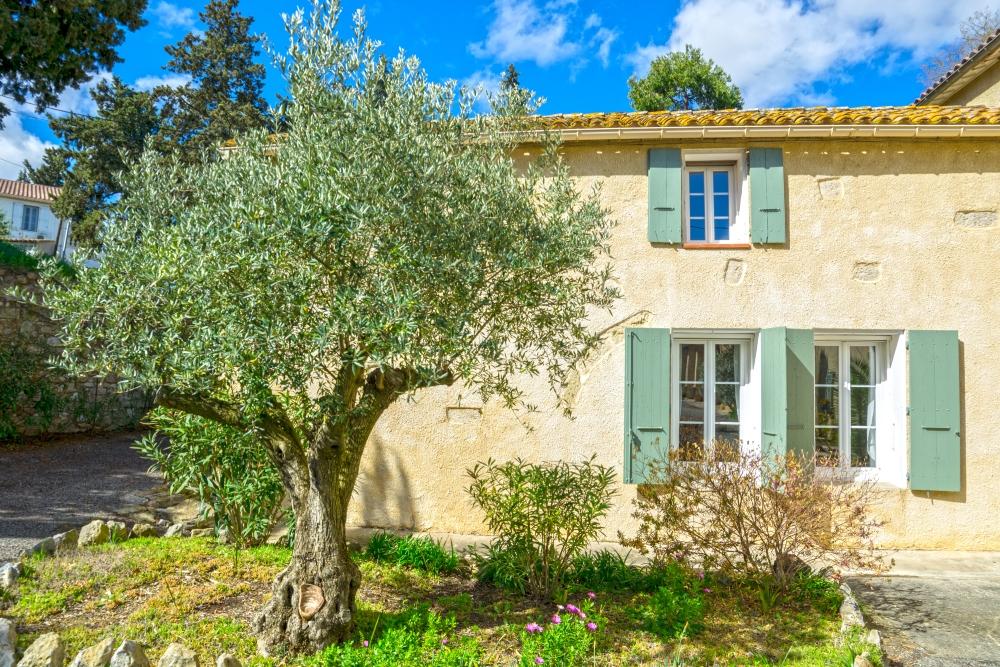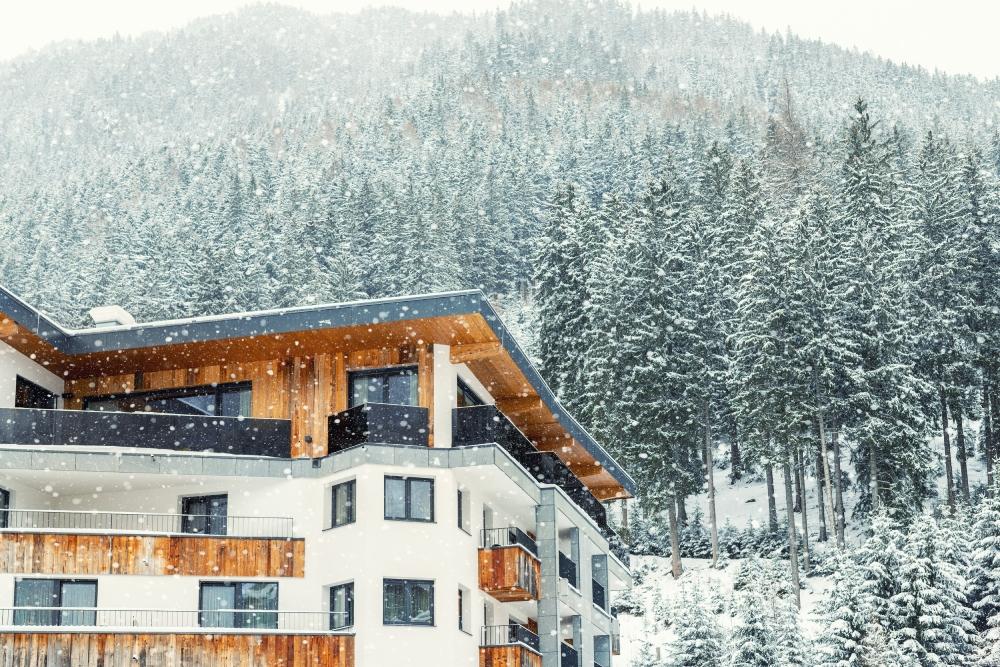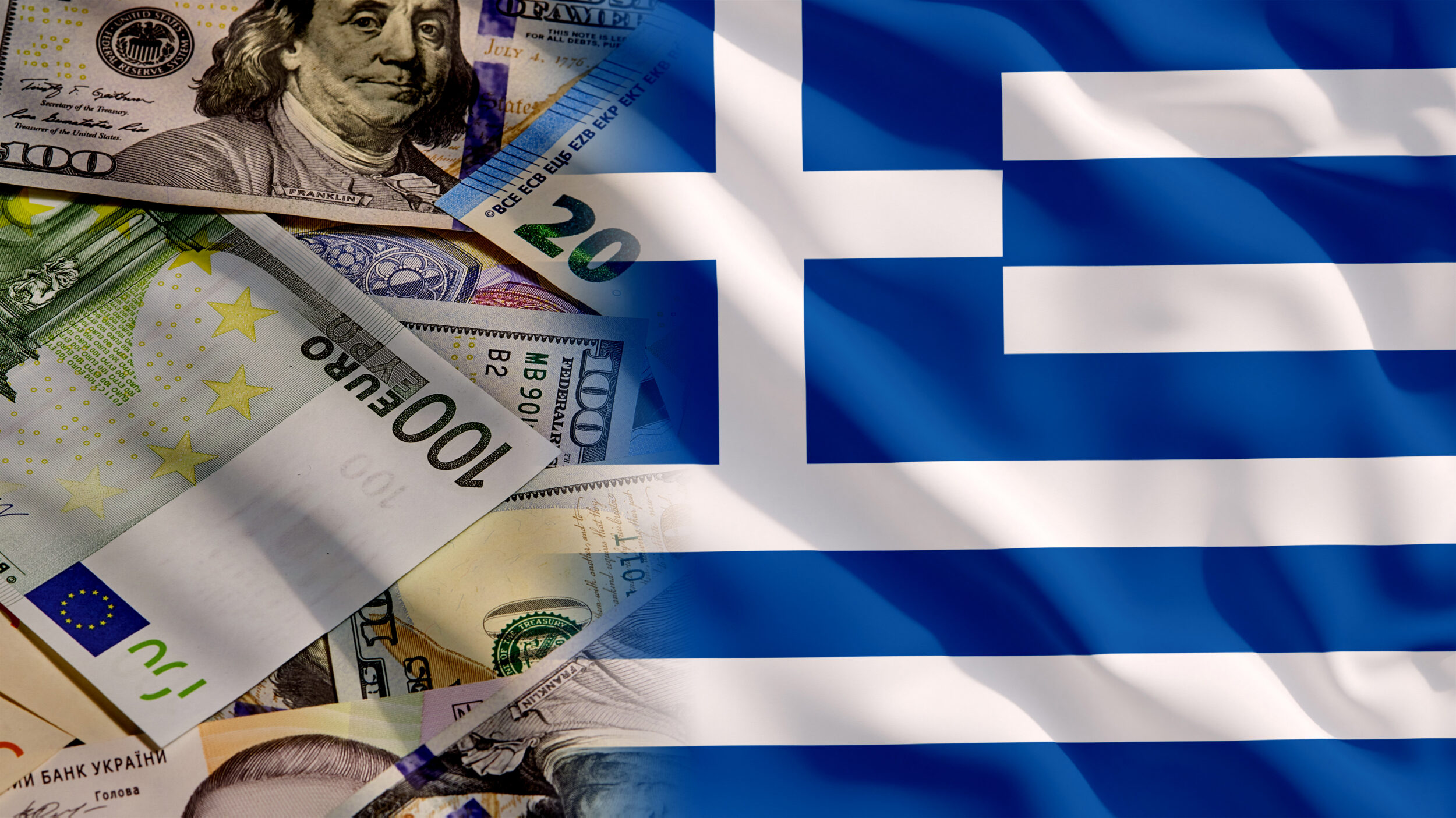
When you buy your dream home in France there are certain expenses to consider.
One of the costs is the tax you will be charged. There are different kinds of tax depending on whether you are a resident and your circumstances.
This article gives you information about each kind of tax so you are fully informed about the tax laws when you buy a home in France.
Taxes when buying a property in France
Notary fees
This figure includes the fees and taxes you pay to the notary, who you will need to prepare the deeds, obtain searches and check if there are any issues with the property, such as a charge or outstanding mortgage payments.
On the day of completion, both the buyer and the seller have to attend the notary’s office where they will read the deeds to each and handle the financial transaction. They will also pay the relevant taxes to the tax office.
The notary fees usually range from 5-8% of the purchase price and cover the legal cost of preparing the deeds, land registration and stamp duty which is an additional tax that amounts to approximately 8-12% of the purchase price. The actual cost will depend on whether you are buying an old or new property and the location, so it is essential you are clear on this before proceeding.
This is likely to be the largest bill you will pay when buying French property and is also subject to VAT, which is currently 20%.
Learn more about the offer to buy and promise to sell property in France?
Taxes when selling a property in France
If you sell a property in France and it has increased in value you will be liable for capital gains tax. The main rate is 19.5% and the tax you need to pay on the amount of capital gained is worked out based on how long you have owned the property. This is zero when you have owned your property for 22 years.
There is also a social charge in France, which is currently 17.2% and is a percentage of taxable income that funds the French social security system. The social charge can be different depending on whether you have worked in France, are self-employed, are a foreigner selling a property or have contributed to the social security system.
When selling a property you should appoint an independent tax advisor, not linked to the notary to ensure you get the best advice.

Residence tax – taxe d’habitation
This tax is paid by the occupant, so if you rent out your property in France the tenant has to pay it. If your French property is your main residence you will have to pay it, however, this tax is gradually being phased out and will be abolished by 2023 so no one will have to pay it. This applies to both residents and non-residents, whether they are French or foreigners.
You may find that your fee has already been reduced for your main residence.
If you own a second home you will still have to pay tax on this after 2023 and the amount will depend on the type of property, its value and where it is.

Property ownership tax - taxe foncière
This is a local tax payable by all owners of property in France whether it is their main residence or not. The tax is used to fund local council services, which decide how much will be charged on each property.
This tax is payable annually and if you sell your property you will have to pay the tax for the full year unless you come to an agreement with the purchaser.
If you undertake any renovations to the property it will need to be revalued by the local council to assess if you will be taxed at a higher rate.
It is important to note that the refuse collection tax is paid separately from this tax.
If your property is in an area that is prone to flooding you may be asked to pay a tax towards local flood prevention services.
One exemption to this tax is if you buy a new-build property you will not pay tax for the first two years after completion (but the tax authorities must be notified of the completion date).
Tax on rental property in France
When you rent out your French property, either to a long-term tenant or as a holiday home you must declare this to the French authorities. This applies whether or not you are a foreign resident in France or a French citizen.
Income up to €26,070 is taxed at the standard rate of 20% while any additional rental income will be taxed at 30%. This applies to the figure you receive after costs have been deducted, such as expenses to refurbish the property.
It is important to take these figures into account when predicting rental income property to ensure it will be a profitable investment.
If you do not reside in France you still have to declare rental income to both the French tax office and the one where you permanently reside. If you live in the UK you will not have to pay double tax as France has a double taxation treaty with the UK.

Wealth tax
This only applies if you are in the luxury property market and your assets are worth more than €1.3 million. If you are a permanent resident of France (i.e. you have a residency card) you will be taxed on your worldwide wealth, while as a non-resident (you spend less than 90 days in France) you will only have to pay tax on any French property you own. The rate starts at 0.5% and rises to 1.5%, depending on the value of your assets.
If you have any further queries or want to know how to pay your French property taxes you should visit the government website which is available in English.
Buying a property in France can be straightforward as long as you take the right advice and are prepared for potential delays. When you buy a property in France you should allow a minimum of three months for all the paperwork to go through and the relevant taxes to be calculated, however, in reality this could take up to six months.
If you have any questions about buying property in France please contact iad Overseas – we’d be delighted to help!





